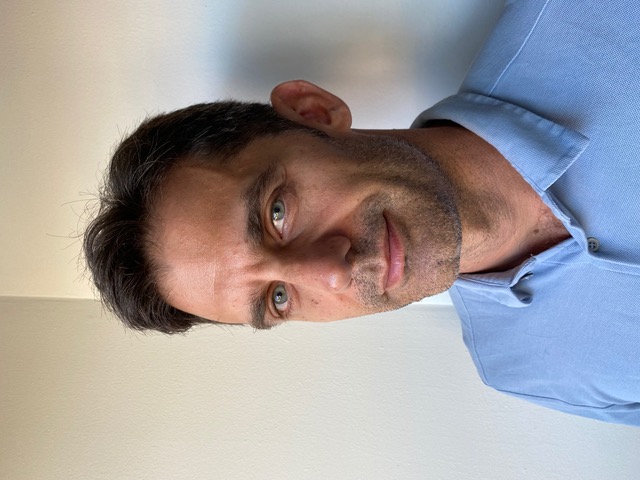Philosopher’s Holiday Lecture: Franco Trivigno ’98, Professor of Philosophy at the University of Oslo
Rockefeller Hall 200
The Vassar grad and philosophy professor will discuss a paper that is part of a book project called Plato on Tragedy and Comedy.
Plato’s Phaedo has some of the marks of a traditional tragedy: Socrates, the drama’s hero, has suffered a great injustice and is awaiting his death. His friends and supporters weep and lament his fate; but he himself is steadfast and noble in the face of death. In rough outline, one might compare the plot to Sophocles’s Oedipus at Colonus. Yet there are many reasons for resisting this way of reading the dialogue, not least of which is the fact that Socrates repeatedly tells his interlocutors not to lament his death and gives a series of arguments showing death not to be an evil at all. If death is not an evil, it is hard to see how it could be the central dramatic action in a tragedy. Seen this way, the dialogue seems rather to be anti-tragic, in precisely offering up and then rejecting the tragic model. In this paper, Trivigno explores this question against the background of the claim in Plato’s Laws that “true tragedy” is an imitation of “the best and most beautiful life.” He argues that, in presenting Socrates as “doing well” and “happy” in engaging in philosophical discussion with his friends, the Phaedo itself seems to satisfy the conditions of a “true tragedy.” The “dispute” between actual and true tragedy is made to hang on a particular philosophical question, that of the nature and badness of death. Actual tragedy generally presumes the badness of death, whereas the argument of the Phaedo defends the conditional goodness of death—death is at least good for those who have lived their lives practicing philosophy.
Campus community only, please.
